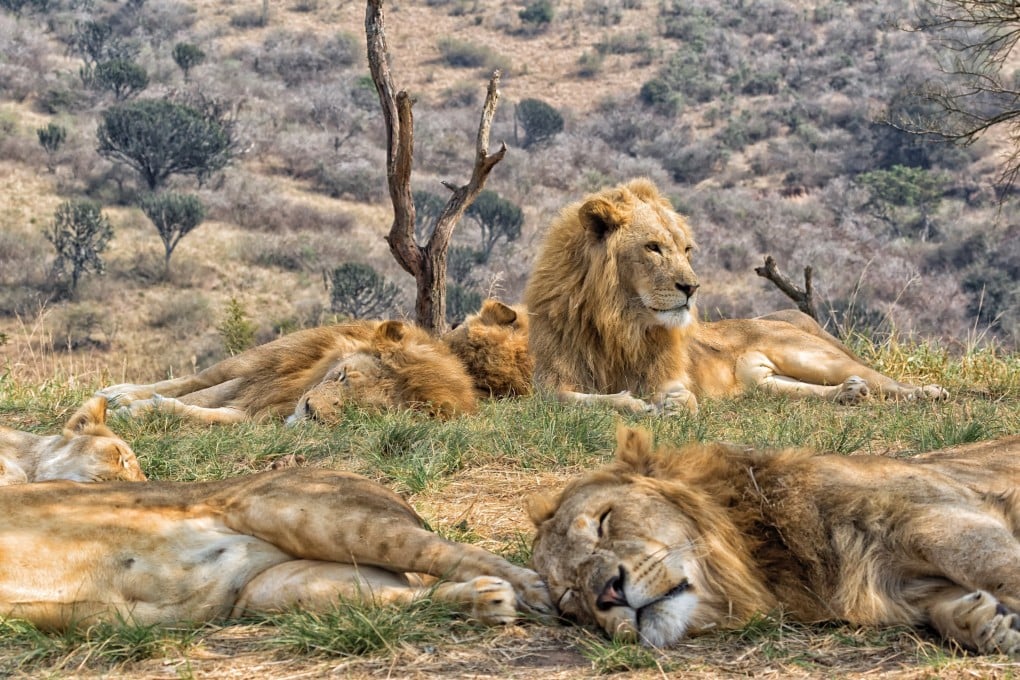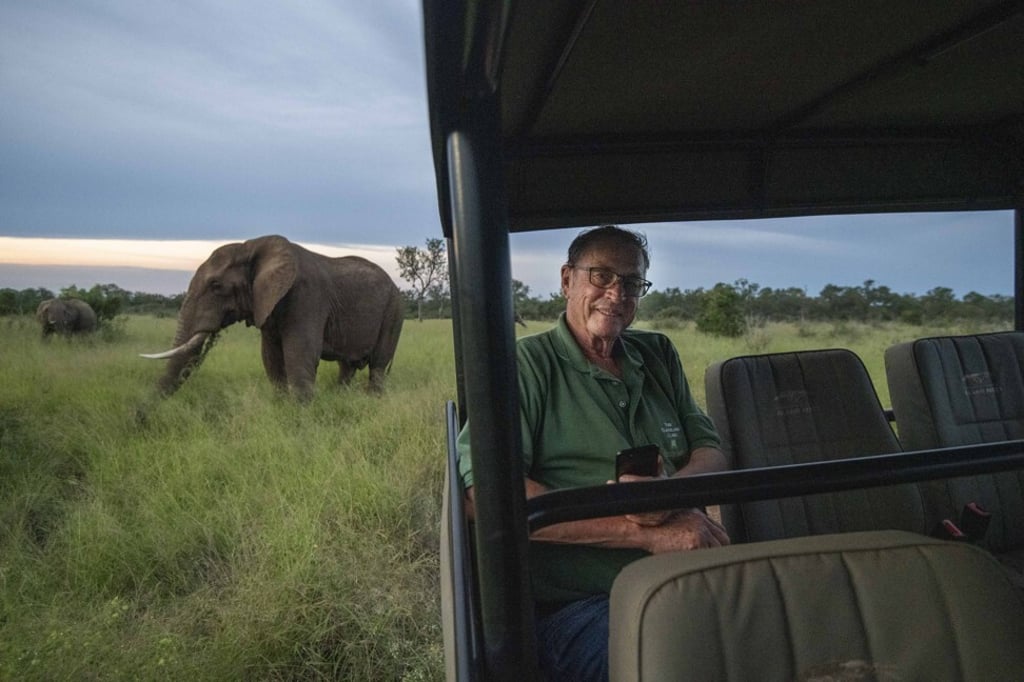The Lord, the lions and the Chinese medicine tiger bone trade – exposing a brutal operation
South Africa’s wild and farmed lions are being slaughtered – often by tourists in brutal ‘canned hunts’ – butchered and shipped to Asia as tiger bone for use in traditional medicine. British politician Michael Ashcroft wants to end this cruel trade

The tiger’s fate is sealed at a clandestine meeting outside a wildlife reserve two hours’ drive from Johannesburg, South Africa. An Asian businessman known as Michael waits in a saloon car with a brown paper bag stuffed with banknotes on the seat behind him. A 4x4 pulls up alongside and the driver joins Michael in his car, picks up the bag, and carries it to the owner of the reserve nearby.
The deal is done, and the owner – who boasts on his website how animals at his reserve are “treated with the utmost care and affection” – leads the party into the grounds of the reserve park where he picks up a rifle loaded with a tranquilliser dart and shoots a male adult tiger pacing around a small caged enclosure. It is slaughtered and the bloody carcass lifted onto a pickup truck before it is taken away to a farm to be skinned, deboned and boiled.
Weeks later, Michael reappears for a second rendezvous at a petrol station forecourt where he collects the tiger’s carcass, which is bagged and stored in Johannesburg, along with 14 other skeletons, ready to be shipped to Asia. Some fur will be left on the tiger’s skull, to give the impression all the skeletons in the shipment came from tigers, rather than less endangered, easier to poach, African lions.

More than 300 farms and wildlife parks and reserves in South Africa are believed to be breeding lions to be slaughtered for their skeletons, and the industry is supported by a trend for “canned hunts”, in which lions raised in captivity are drugged and released into confined enclosures where they are shot dead by trophy hunters. Up to 1,000 lions a year are killed in this way, providing a continuing supply of lion bones while adding to the value of a slaughtered lion.
Demand for lion bones has skyrocketed in recent years, largely because of well-meaning efforts to preserve other big cats. A lion’s skeleton is worth US$3,000 to US$4,000, compared with about US$20,000 for a tiger’s, but can easily be passed off as that of a tiger to Asian buyers.
